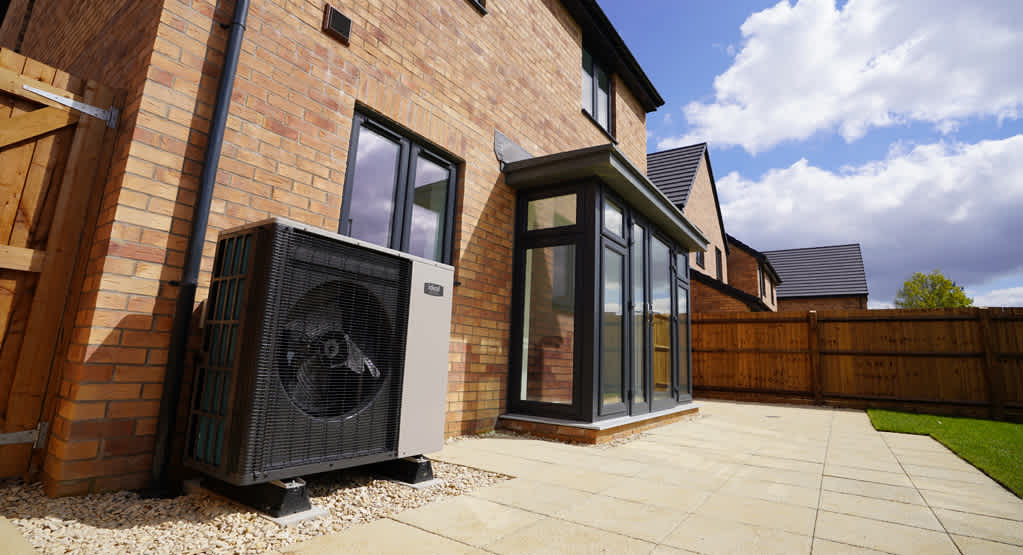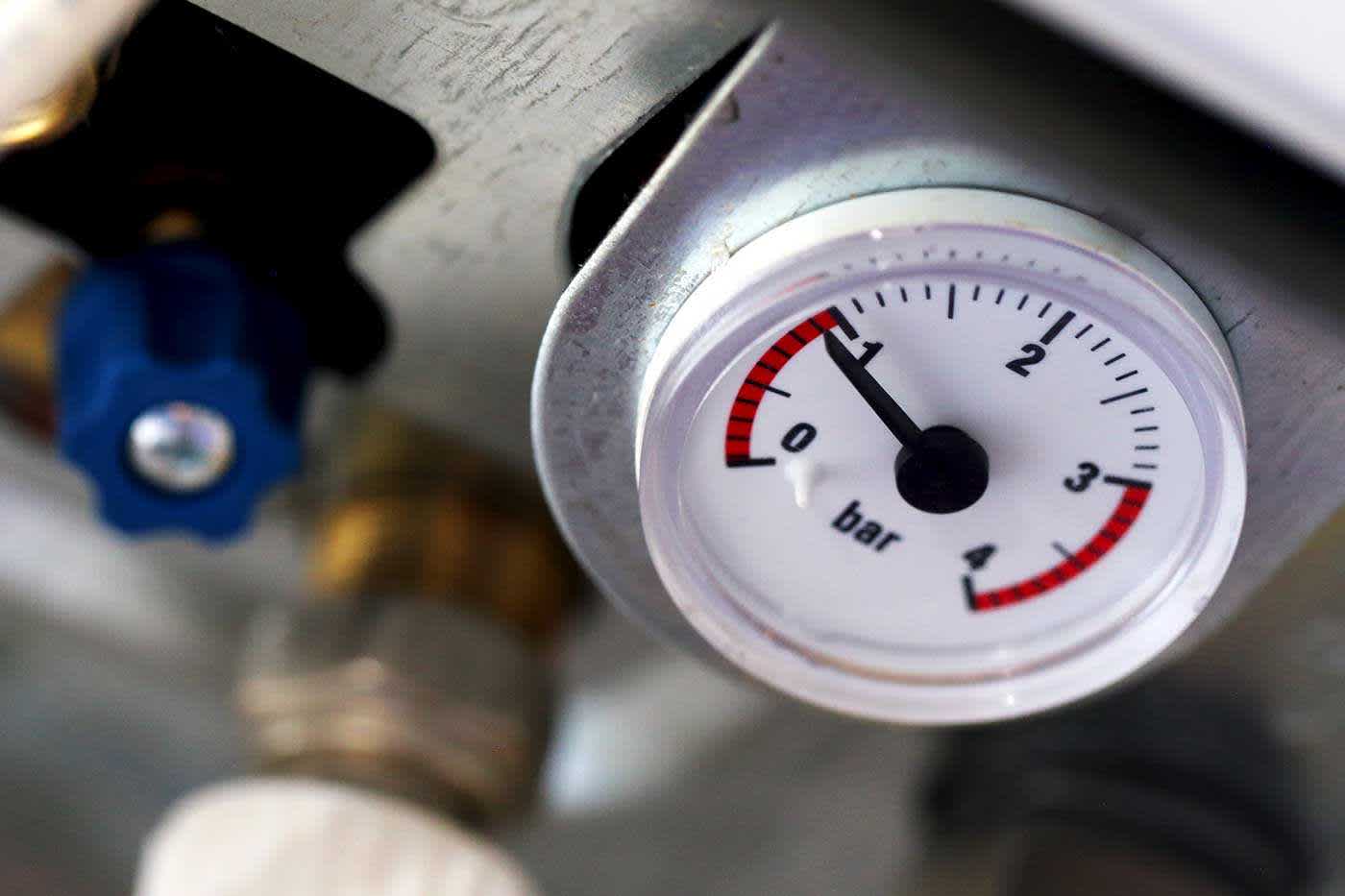
How to make your boiler as energy efficient as possible
Ensuring your boiler operates at peak efficiency is the most effective way to manage your home’s heating costs and reliability. An efficient system provides dependable warmth when you need it most while directly controlling your energy consumption and monthly bills. Understanding how to maintain and improve boiler efficiency is essential knowledge for every homeowner.
Our blog gives you clear, practical advice on how you can improve your boiler's performance, what makes an energy efficient boiler, and why this is a critical factor when considering a replacement.
Understanding what makes a boiler efficient
To improve efficiency, it’s first necessary to understand what it means. Modern boilers are measured using the ErP (Energy-related Products) rating system, which grades appliances from G (least efficient) to A (most efficient). When you see a sticker on your boiler with a colour-coded scale, you look at its ErP rating.
The technology that defines the most energy efficient boilers is their ability to condense. Condensing boilers are designed to capture and reuse heat from flue gases that would otherwise be wasted and lost to the atmosphere. This process allows them to achieve higher efficiency levels than non-condensing boilers, saving you money on your bill.
According to the Energy Saving Trust, a semi-detached house replacing an old gas boiler with a new, A-rated condensing boiler would see savings of around £180 with a 78-82% efficiency boiler.
Preparing your current system for optimal performance
Before the colder months set in, there are several practical steps you can take to ensure your central heating runs as smoothly and efficiently as possible.
The key action is to schedule an annual service with a Gas Safe-registered engineer. An annual service is not just a check-up - it is essential maintenance. The engineer will clean internal components, check for wear, and ensure the system operates safely and to the manufacturer's specification. This professional inspection reduces the risk of downtime and is vital for maintaining peak efficiency.
You can also perform some simple maintenance yourself. Trapped air in your radiators can prevent them from heating up properly, forcing your boiler to work harder. Bleeding your radiators releases this trapped air, allowing hot water to circulate freely and heat the entire surface.
Additionally, it is good practice to regularly check that your boiler pressure is at the correct level, typically between 1 and 1.5 bar on the gauge.
While maintaining your current boiler system is key, it's also wise to understand the full spectrum of modern heating options. See our comparison, boiler VS heat pump: which is best for my home?, for more details.
When to consider a new energy efficient boiler
While maintenance can prolong the life and improve the efficiency of your current system, there is a point where upgrading is the more logical and cost-effective solution. If your boiler is over 15 years old and you are unsure of its efficiency, it is likely to be operating at a much lower standard than modern alternatives.
The most significant step towards improving your home's heating efficiency is replacing an old, inefficient boiler with a modern A-rated model. Depending on your property's needs, this could mean upgrading to a compact Combi boiler, a powerful System boiler for larger homes, or a robust Heat only boiler.
Installing a new energy-efficient boiler can result in substantial long-term savings on energy bills, and it's always worth investigating what boiler grants are available to homeowners to help with the initial cost.
For more information, read our guide to getting a new gas boiler.
Explore modern, efficient heating solutions
Exploring today's high-efficiency models is the next logical step if your boiler is nearing operational life. Our complete range of boilers is engineered in the UK for performance, reliability, and maximum energy efficiency.
View our complete range of boilers
Ensuring you have an energy-efficient gas boiler requires diligent maintenance for your current system and knowing when the time is right to invest in a modern replacement. By taking proactive steps now, such as booking a service and checking your radiators, you can reduce the risk of downtime and minimise energy waste.
For older systems, upgrading to an A-rated condensing boiler offers the most substantial improvement, providing peace of mind and lower running costs for years.

















